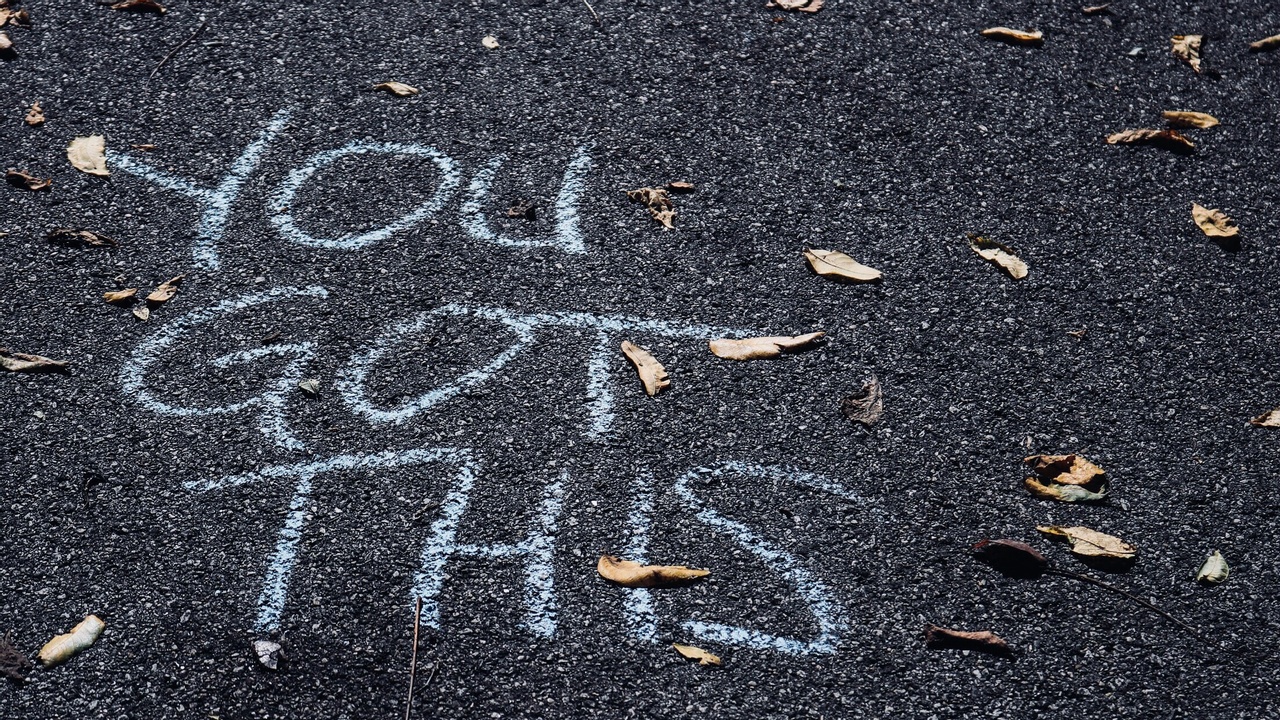Think Like An Athlete

The Olympic athletes will be jumping, swimming, throwing, hurdling, vaulting and much much more. In fact, by the time we see these ‘race-ready’ athletes you would agree that they make it look so easy. But what skills and characteristics are necessary to become a top athlete and can we relate these to our own lives? To discuss this in more detail, we’ve highlighted 9 top traits that the majority of athletes possess and what Wilma had in abundance in order to elevate her to stardom.
- Social support - In sport a healthy network is essential. From helping with technique, overcoming challenges and nutritional tips, as the saying goes there is no ‘I’ in TEAM.
- Long term focus - Athletes are not thinking about the short term. In fact those that were questioned following the delay to the 2020 Japanese games had no reservations continuing with training for an extra year or even more.
- Delegation - This is about realistic time-management skills. Athletes want to be training and training ...
You Got This

When we mention equations there are often a lot of raised eyebrows in the audience, however, occasionally an equation comes along that is helpful with our day-to-day life and worth taking note of:
DISAPPOINTMENT = EXPECTATIONS - REALITY
If you throw around a few variables we get an idea of how this equation works. Let’s presume that for most people the aim is to minimise disappointment. This is best achieved when we strive to minimise our expectations. If our expectations match our current reality then our disappointment score would be zero. Furthermore if our reality was actually a lot better than we were expecting then disappointment decreases its hold on our existence. The main time we get submerged in large amounts of disappointment is when we are expecting something to go one way but for some reason or another, we find that in reality, this didn’t happen.
Now, this doesn’t mean that we should always expect the worst. It’s important to recognise that the aim of the above is no...
Recognise Your Resilience

The definition of resilience is sometimes hard to pin down. It is often thought of as the ability to bounce back in the face of adversity but as you will see, it is not that simple.
Does one think that an individual who goes through a trauma and returns to work the next day is more resilient than the individual who goes through a similar trauma, suffers with PTSD and has 6 months of therapy but then returns back to work? Both individuals have bounced back, but one took a little longer, and that’s fine. The question is whether we can maximise our ‘springiness’ when it comes to bouncing back.
Two important days are recognised in June that are relevant to this discussion. The first of which occurs in the USA on June 4th is ‘National Hug Your Cat’ day and the second is June 8th, which is ‘International Best friends day’. While they add a little chuckle as we search for a feline friend to cuddle the important point is that friendships are vital for resilience.
In 2012 a 1-year long s...
The Willpower Muscle

Throughout our day we make 1000’s of decisions both consciously and subconsciously. When it comes to understanding willpower we have things that we would like to be doing and things that we definitely want to stop doing. In terms of willpower we can divide these into ‘will’-power challenges and ‘won’t’-power challenges. For example, if you want to limit eating junk food or stop watching so much TV, these would be termed won’t-power challenges. On the other hand if you want to exercise or floss your teeth everyday these would be will-power challenges.
So the first step in your willpower success is to divide these mentally into things that you want to be doing and things that you want to stop doing. With this list divided appropriately, you can then start the process towards change.
Willpower is a muscle: If you think of willpower as a muscle the more willpower press-ups you do the stronger the muscle gets. Like any muscle, it takes time to build it but the more you work at it...
Failing My Driving Test

At 18 years old I was booked to take my driving test in three months time. Each day I would go out and practice in the car until I knew that I was ready to take the test. The only thing is, in the evening I would worry about what would happen on the day of the test. Would I pass, would I fail, night after night I worried and worked through all the possible fails that could happen.
Finally the day of the test came I got in the car and…. the test was awful. My legs turned to jelly, my brain slowed down to a stand-still and I bunny-hopped all around the block.
You see although physically I was prepared to take the test, my mental preparation was working in the exact opposite direction. I was planning to fail the test night after night - I was scared of failing but that was all I was working towards. I was stuck in a fear cycle. I was so scared of failing that all I could do was practice failing night after night, until the day of the test, I failed. So, let’s break this ...
Did your new year’s resolve, dissolve?

As we approach the end of January we get a chance to reflect on just how we are doing and we ask ourselves did your new year’s resolve dissolve?
As the new year’s clock strikes the final gong of midnight we are often motivated to make changes towards new goals. We started the month with great intentions, so as we near the end of January, how are we doing?
The first couple of weeks are relatively easy for many as it’s new and exciting but as we head past week three, the excitement is wearing thin! In fact, research shows that in the US by the end of week two, 25% percent of people have already given up their resolution. So as you struggle to hold on to the waning pendulum of new habits, what can you do to keep it going?
Can you become the 75%?
- Reflect - This is your opportunity to take a step back from your new goal, behaviour or routine and see if you are actually doing what you wanted to do. If you are, then great, on the other hand if you’re struggling, have a think about ...


